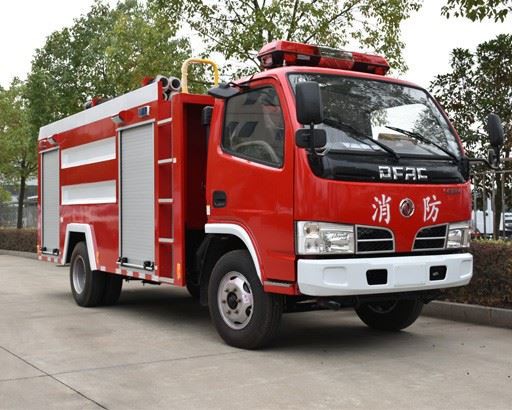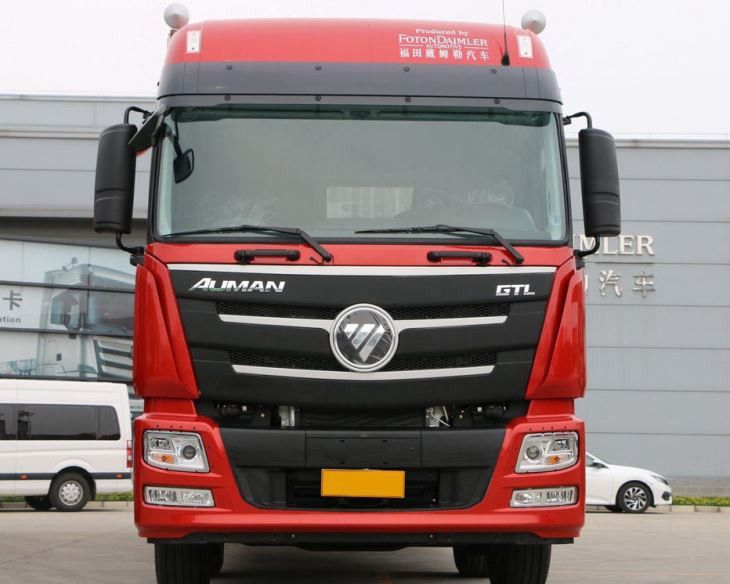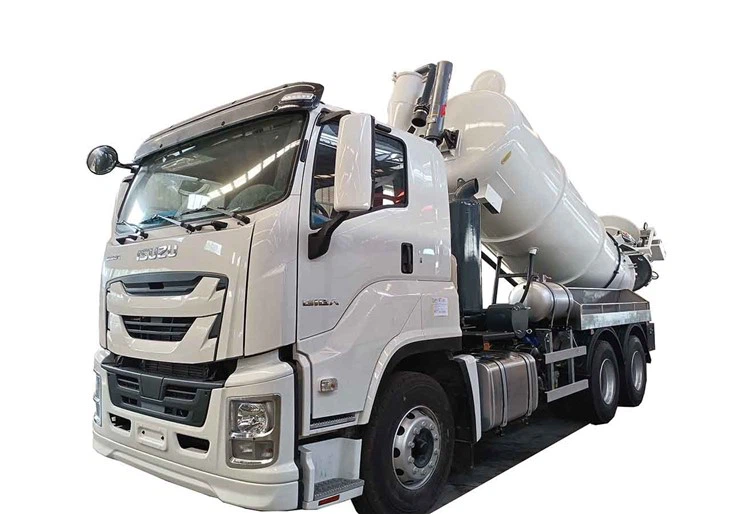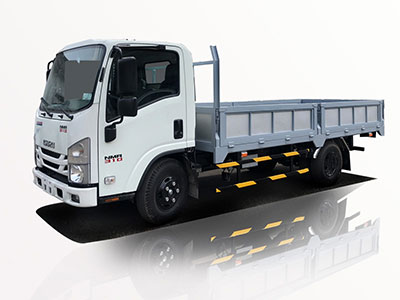Introduction
The Mack trash truck is a vital player in the waste management industry, known for its reliability, durability, and innovative designs. Whether you’re part of a city sanitation department or a private waste disposal company, understanding the features, benefits, and variety of Mack trash trucks can significantly enhance operational effectiveness. In this comprehensive article, we explore the different types of Mack trash trucks, their specifications, practical tips for maintenance, and their impact on sustainability. Join us as we delve into everything you need to know about Mack trash trucks.
1. Overview of Mack Trucks
1.1 History of Mack Trucks
Mack Trucks was founded in 1900 and quickly became a leading manufacturer of commercial vehicles. The company has established a reputation for producing heavy-duty trucks that excel in construction, delivery, and waste collection industries. With innovative engineering and a focus on customer needs, Mack has solidified its place in the market.
1.2 The Importance of Trash Trucks in Waste Management
Trash trucks are essential for efficient waste management. They ensure timely pick-ups, proper disposal, and contribute to recycling efforts. Mack trash trucks are designed specifically to handle the rigors of waste collection while maintaining environmental standards.
2. Types of Mack Trash Trucks
2.1 Rear Loader Trucks
Rear loader trucks are designed with the garbage compactor at the rear. These trucks allow for simple and efficient loading while minimizing labor costs. Mack’s rear loader models come equipped with state-of-the-art compacting systems, making waste disposal quicker and more efficient.
2.2 Front Loader Trucks
Mack front loader trucks are ideal for commercial waste collection. With arms designed to lift bins from the front, these trucks can handle larger volumes of waste with ease. Their hydraulic systems are robust and reliable, ensuring smooth operation during collection.
2.3 Side Loader Trucks
Side loader trucks are popular for residential waste collection due to their ability to operate while keeping the drivers within the vehicle. Mack side loaders come equipped with advanced safety features and ergonomic designs, making them easier to maneuver through tight neighborhoods.
3. Specifications and Features of Mack Trash Trucks
3.1 Engine Options
Mack trash trucks offer various engine specifications to suit different operational requirements. Key options include:
| Engine Model | Horsepower | Torque | Fuel Type |
|---|---|---|---|
| Mack MP7 | 325-505 HP | 1,200-1,860 lb-ft | Diesel |
| Mack MP8 | 350-605 HP | 1,450-2,060 lb-ft | Diesel |
3.2 Chassis and Frame Structures
Mack trash trucks are built with robust chassis and frames that endure heavy loads over extended periods. The frames are designed to withstand stress from daily operations, enhancing longevity and reducing maintenance costs.
3.3 Safety Features
Safety is a top priority for Mack Trucks. Their trash trucks come equipped with several safety features, including:
- Advanced braking systems
- Backup cameras for increased visibility
- Driver assistance technologies
- Enhanced stability controls
4. Environmental Impact of Mack Trash Trucks
4.1 Emissions Standards
Mack has committed to producing trucks that meet stringent emissions standards. These trucks are designed with eco-friendly engines that lower harmful emissions, making them a sustainable choice for cities aiming to reduce their carbon footprint.
4.2 Fuel Efficiency
Mack trash trucks are engineered for fuel efficiency to minimize operating costs and environmental impact. Their aerodynamic designs and advanced engine technologies contribute to lower fuel consumption without sacrificing performance.
5. Maintenance Tips for Mack Trash Trucks
5.1 Routine Inspections
Regular inspections are crucial for maintaining the operational health of a Mack trash truck. Scheduled checks should focus on:
- Brakes and tires
- Fluid levels (engine oil, hydraulic fluid)
- Waste compactor systems
- Electrical systems
5.2 Cleaning and Hygiene
Given the nature of their work, Mack trash trucks should be cleaned routinely. This not only promotes hygiene but also prolongs the truck’s lifespan. Use high-pressure hoses to clean out the compartments and maintain the body of the vehicle to prevent rust.
5.3 Repairs and Parts Replacement
If repairs are needed, ensure you use genuine Mack parts for replacements. Using high-quality parts will ensure the vehicle functions efficiently and helps maintain warranties.
6. How to Choose the Right Mack Trash Truck for Your Needs
6.1 Assessing Your Needs
Before making a purchase or lease decision, consider the following:
- The volume of waste collected
- The types of waste (residential, commercial)
- The operating environment (urban, rural)
- Your budget and operational capabilities
6.2 Consulting with Experts
Consult with Mack sales representatives or waste management experts to understand which model suits your specific operational needs best. They can provide valuable insights based on real-world experience and expertise.
7. The Future of Mack Trash Trucks
7.1 Innovations and Technology
With advancements in technology, Mack is continually innovating its trash trucks. This includes upgrades like autonomous driving capabilities and improved connectivity for better fleet management. Future models are expected to incorporate more green technologies to enhance sustainability further.
8. Customer Experiences with Mack Trash Trucks
8.1 Testimonials
Many customers praise Mack trucks for their durability and performance. Here are some key takeaways from users:
- High reliability rates compared to competitors.
- Excellent customer service and support from Mack.
- Strong resale value, making Mack a favorable investment.
8.2 Case Studies
Case studies of cities implementing Mack trash trucks show reduced operational costs and increased efficiency in waste collection. For example, a mid-sized city reported a 20% increase in efficiency after integrating Mack’s rear loader model into their fleet, allowing them to manage waste collection on a tighter schedule.
9. FAQ Section
9.1 What is the average lifespan of a Mack trash truck?
The average lifespan of a Mack trash truck ranges from 15 to 20 years, depending on maintenance and usage frequency.
9.2 Are Mack trash trucks fuel-efficient?
Yes, Mack trash trucks are designed to be fuel-efficient, helping reduce operating costs while lowering carbon emissions.
9.3 What are the maintenance costs associated with Mack trash trucks?
Maintenance costs vary widely based on usage, but general upkeep typically ranges from $500 to $1,200 annually per vehicle.
9.4 Can I purchase used Mack trash trucks?
Yes, Mack trucks are often available as used vehicles, providing cost-effective options for buyers. It’s advisable to check the vehicle history and condition prior to purchase.
9.5 What makes Mack trucks stand out from competitors?
Mack trucks are known for their durability, innovative technology, and focus on customer satisfaction, making them a preferred choice in the waste management sector.
9.6 Is financing available for Mack trucks?
Yes, Mack offers financing options through various financial institutions to help customers acquire new or used trucks.



